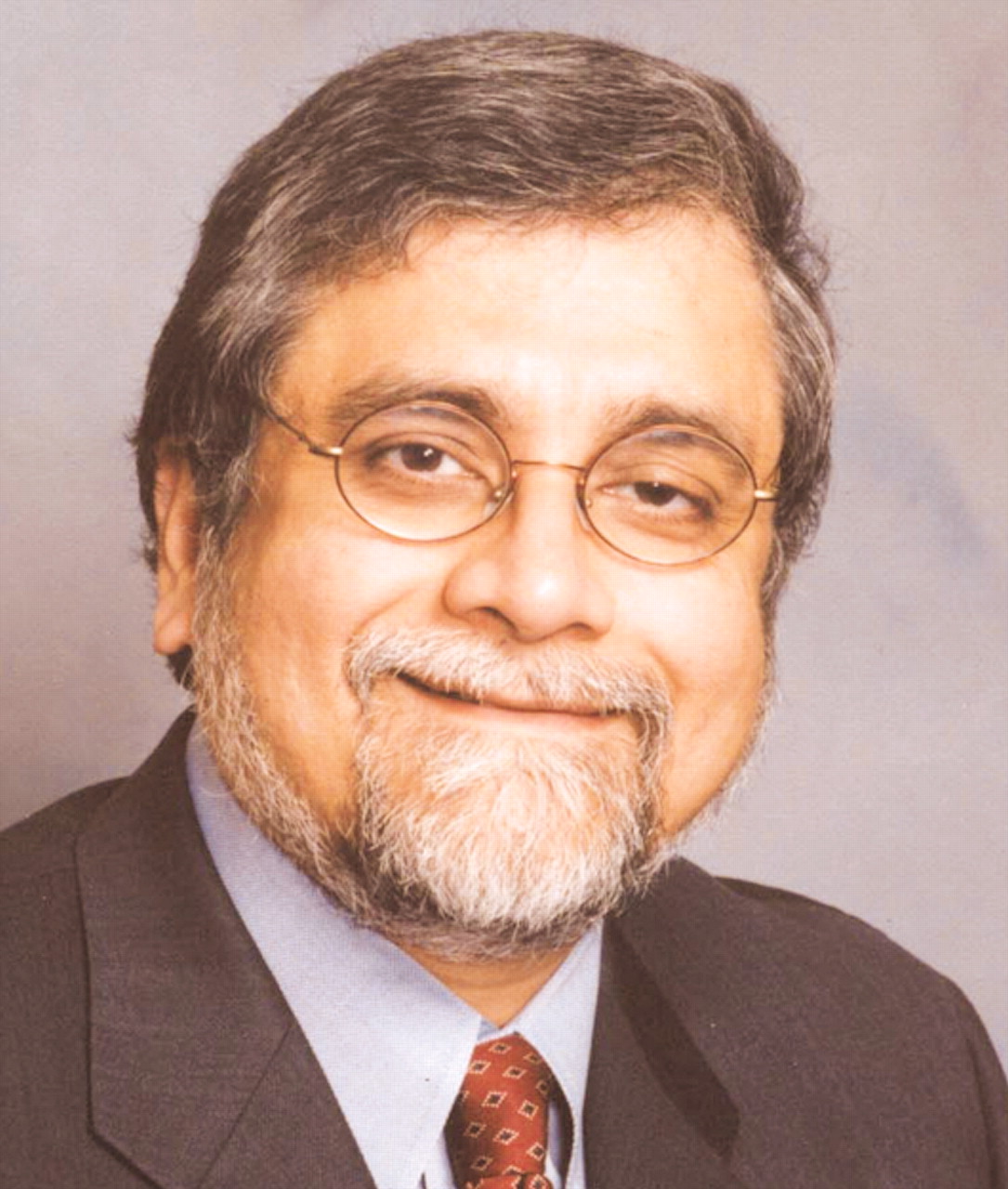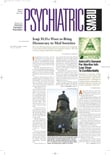Geriatric psychiatry appears to be at a crossroads: the field faces an ever-burgeoning patient population waiting to benefit from frequent improvements in knowledge base and treatments, yet up against the increasingly difficult challenge of engaging young physicians in the subspecialty.
That theme was addressed head on at the American Association for Geriatric Psychiatry’s (AAGP) 17th annual meeting in Baltimore. During the meeting, Anand Kumar, M.D., a professor of psychiatry and director of geriatric ambulatory care programs at the University of California, Los Angeles, assumed the helm of the organization, succeeding Joel Streim, M.D., as president of the AAGP.
Streim, an associate professor of psychiatry and director of Geriatric Psychiatry Fellowship Training at the University of Pennsylvania and the Philadelphia VA Medical Center, applauded Kumar as a man who already knows the inner workings of the organization and what it needs.
“He is uniquely qualified,” Streim said. “Anand is a consummate researcher and as [an associate] editor of the American Journal of Geriatric Psychiatry, he knows the issues, and he knows the field. In addition, he has a keen understanding of politics, as well as practice and research in geriatric psychiatry.”
Difficult Challenges Lie Ahead
Kumar, who has focused his research at UCLA on late-life depression and Alzheimer’s disease and served as chair of the Brain Disorders and Clinical Neuroscience Review Committee at the National Institutes of Health, appears ready to accept the challenges facing the field.
“This organization has done an amazing job in the past few years, but the principal challenge remains: to attract scientists to the field. Every statistic shows that knowledge in the field falls behind the needs of practitioners.”
Kumar said that the AAGP must take the lead, as the premier organization in geriatric mental health, to face up to the enormous challenge of recruiting general psychiatry trainees into accredited fellowship programs.
“There is today a discrepancy between the mental health needs of the elderly and the number of clinically trained geropsychychiatrists in the community. This discrepancy will further increase over the next several years.”
Indeed, Streim formed a task force last year focusing on how the AAGP could support strengthening the workforce. The task force issued a report last fall, emphasizing, Streim said, “that the real issue leads all the way back to undergraduate and medical school levels.” More must be done to focus young students on the dire need of taking care of the elderly, he said. The AAGP is now trying to prioritize demands and move forward on strategic planning to address the workforce shortage.
A second dramatic challenge facing the organization, Kumar added, “is the diminishing research funds available to the NIH and the National Institute of Mental Health in the foreseeable future, given our national fiscal situation.”
The AAGP must be aggressive and proactive in dealing with recruitment and training issues, as well as ensuring adequate “fair share” resources for late-life mental disorders research.
“We will continue to actively engage the leadership of the NIMH to ensure that research into mental disorders in the elderly is programmatically and financially supported,” Kumar declared.
Progress Slow but Steady
Kumar will also continue to work with members of Congress to obtain a meaningful loan writeoff for clinical training in geriatrics—a task Streim began last year that resulted in the introduction in February of a Senate bill that would accomplish just that. The Geriatricians Loan Forgiveness Act of 2004 (S 2075), introduced by Sen. Harry Reid (D-Nev.), would include each year of fellowship training in geriatric medicine or geriatric psychiatry as a year of obligated service under the National Health Corps Loan Repayment Program, eligible for up to $20,000 a year of loan forgiveness.
Streim also heralded the establishment of the new Aging Branch at the NIMH, to be directed by Barry Lebowitz, Ph.D., a constant presence at AAGP meetings over the years.
Kumar will also continue work led by Streim over the last year to address the problem of translating research into care.
“We have quite a bit of evidence now backing up treatments that work, and we have guidelines being disseminated, yet older adults with mental illness are still not getting necessary and adequate guideline-driven psychiatric care.”
More guidelines aren’t necessarily needed, Streim added, “but we do need to figure out how to translate the excellent guidelines we already have into principles for practice and care.”
Kumar added that the translation must go in both directions. “Sound policy should always be based on sound research based upon credible data that drive principles of care,” he concluded. ▪

